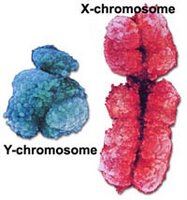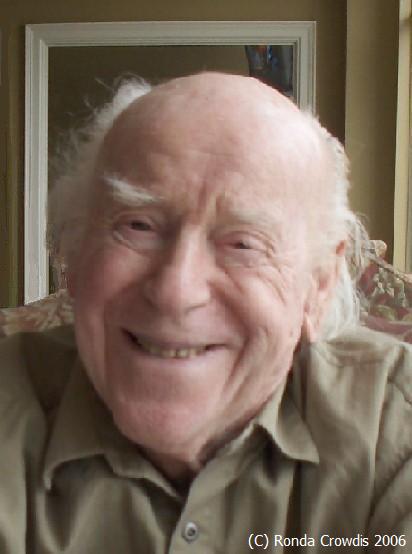On Packaged Dinners, Etc.
 The game is to find out what to do with the stuff ... in very fine
print. Now a good many of the purchasers of these one-person
packages are actually one person. They are one person because
their companion has left once again, or they never had anyone, or
everyone else has died off, and with the passage of time their
eyes are not good, even if both of them are operational.
The game is to find out what to do with the stuff ... in very fine
print. Now a good many of the purchasers of these one-person
packages are actually one person. They are one person because
their companion has left once again, or they never had anyone, or
everyone else has died off, and with the passage of time their
eyes are not good, even if both of them are operational.If the maker of the product "believes" in it, he/she should surely want the message of what to do with it to be clear. So, to get at the mystery. While "Nutrition Facts" are in quite large print, and "Ingredients" are in capital letters, the finest print is reserved for what the hell to do with it to make it edible. By the time you scrutinize this minutiae, if your time is worth anything, you are better off to take a taxi to the nearest fast food outlet, because this cute package is sure as hell not fast food.
Skipping "For firmer rice, decrease water; for softer rice, increase water", you come to microwave instructions. By this time, you have had two drinks more than you should, and a couple of chocolate bars are starting to look good to you.
It seems that food purveyors spend zillions on experts to design everything, from recipes to more efficient packaging. Hell, I could do that, much better. Could you tell me where I apply? I'm tired of just working for a living.











